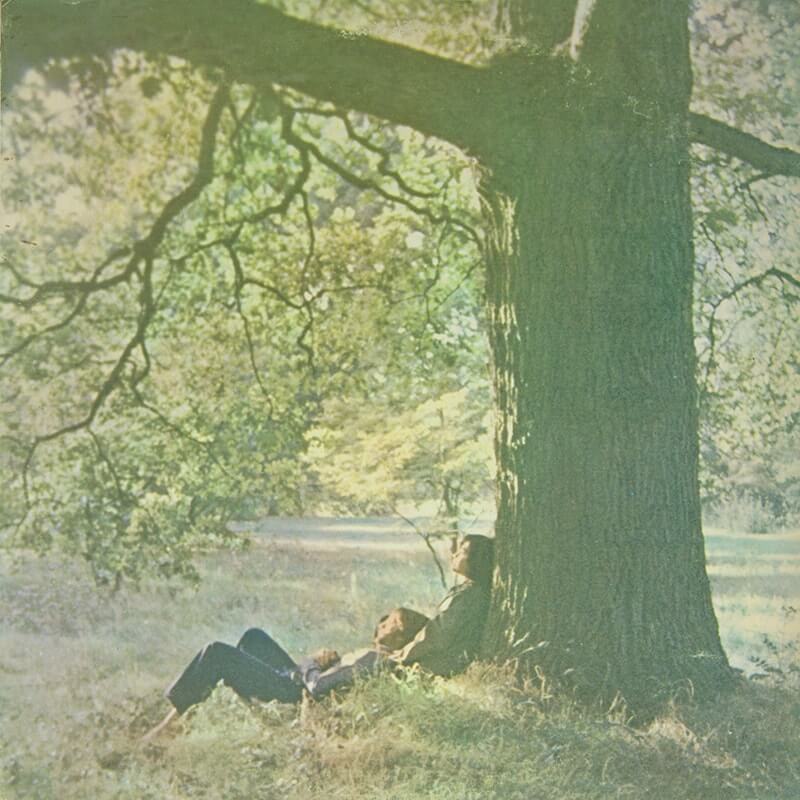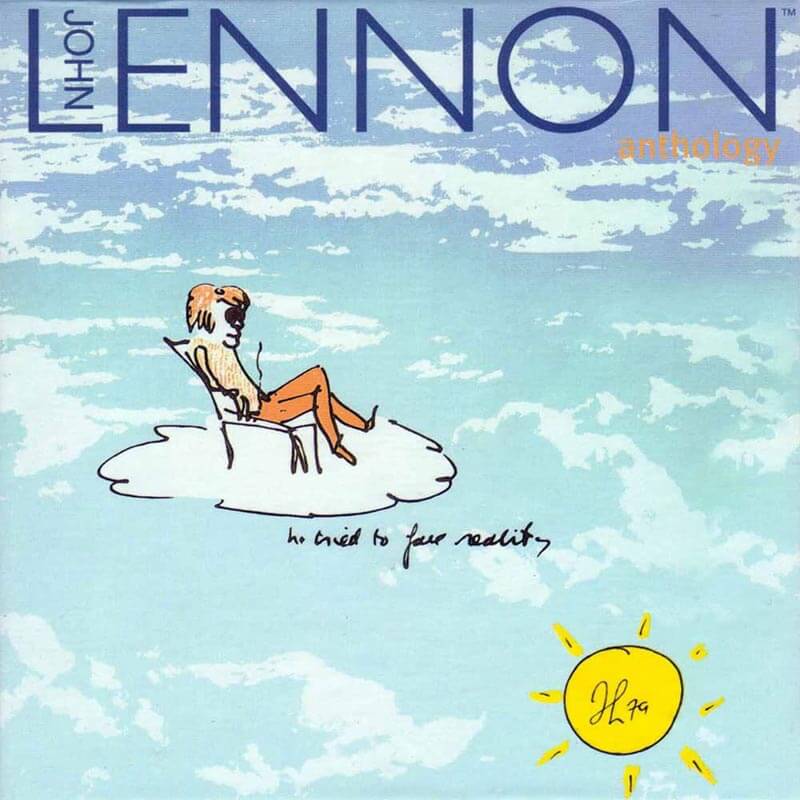Loading...
Sometime in New York City
‘Most other people express themselves by playing football at weekends or shouting. But here am I in New York and I hear about thirteen people shot dead in Ireland and I react immediately. And being what I am I react in four-to-the-bar with a guitar break in the middle.’
– John Lennon, 1972
John & Yoko/Plastic Ono Band with Elephants Memory plus Invisible Strings
Produced by John and Yoko and Phil Spector
Track Listing
- 5:18
- 3:49
- 2:56
- 4:07
- 4:34
- 5:03
- 2:59
- 3:31
- 4:09
- 7:14
Live Jam
- 8:35
- 16:06
- 4:41
- 5:36
- 4:27
- 8:10

Early in their partnership John Lennon and Yoko Ono, had a brilliant insight. Since everything they did, whether personal or artistic, seemed to be causing a media frenzy, why not use that space to positive effect? If they got married, or arrested, or held an art show, or made a collaborative album, it was headline news. What would happen if the Lennon’s lent all their notoriety to the simplest – yet most vital – message of all?
One spectacular result of this new strategy was their single, ‘Give Peace A Chance’. Recorded during their Bed-In in Montreal in 1969, it combined John’s gift for a chorus that could hook the world, with Yoko’s insight that our hyper-media culture was an ideal platform for performance art.



'Give Peace A Chance' (1969) single sleeve
'Power To The People' (1971) single sleeve
'Happy Xmas (War Is Over)' (1971) single sleeve
Soon his musical output bounced between the overtly universal ‘Give Peace A Chance’ and the personal soul-searching of his solo debut John Lennon/Plastic Ono Band. His most successful album, Imagine, had elements of both. Through it all, a talent he recognised in himself was his knack for a big, instant anthem. In the lineage of ‘All You Need Is Love’ were other classics of unashamed sloganeering like ‘Power To The People’ and ‘Happy Xmas (War Is Over)’. They satisfied an artistic craving, too, for what songwriter would not love to match the moral resonance of ‘We Shall Overcome’, or the perennial popularity of ‘White Christmas’?
Famously impatient, John had yet another itch to scratch. He wanted to write, record and issue his records in a heartbeat. He nearly did it, too, with the marvellous ‘Instant Karma! (We All Shine On)’, which he’d sent from his imagination to the record stores within two weeks. And now, in February 1972, he found himself a resident of Greenwich Village, right in the creative heart of the most dynamic city on earth. He’d hooked up with a radical bar-band called Elephant’s Memory, whose funky swagger suited John’s new mood. Sometime In New York City is the album they made together: it’s a world away from the studio-crafted art rock of the Sgt. Pepper era five years earlier; this is fast, reactive, rough-and-ready music, to be released in all its imperfections, as hurriedly as a daily newspaper.
Barely six months earlier, John and Yoko still lived in the gracious seclusion of Tittenhurst Park, outside London. They had moved to New York, in part, to further Yoko’s quest for custody of her daughter Kyoko. In the event, continued squabbling with the US immigration authorities made it risky to leave the country, and their stay assumed a permanent look. That was fine by John, who took to the gritty downtown scene with gusto, mixing at his Bank Street apartment with Yippies, Black Panthers and street musicians.
For the first time since Liverpool Art School, John was revelling in bohemian life, an escapee from suburbia. New York, he marvelled, was a latter day Rome, the cultural hub of the known world. At the same time, beneath the glitz it was a little like Liverpool- another streetwise seaport where Lennon’s salty wit was right at home. In March 1972, the album was recorded. Phil Spector co-produced once more, at least at the final mixing stage, while Elephant’s Memory were augmented by the renowned drummer Jim Keltner.

But there was plenty for the Lennon’s to feel angry about. ‘Sunday Bloody Sunday’ and ‘Luck Of The Irish’ report an especially bitter period in Northern Irish history. John, given his Liverpool-Irish heritage, was swift to attach his name to the anti-colonial cause. ‘John Sinclair’ and ‘Angela’ respond to some individual cases, the former of the radical writer and rock manager, incarcerated on a grotesquely inflated drugs charge, and then of the black radical Angela Davis, accused of complicity in a shoot-out. The deficiency in ‘headline news’ songs, of course, is that every day brings new headlines to replace them. For all their honest rage and historical interest, some of the topical songs have dated less well than the more general numbers. ‘New York City’, especially, is the great overlooked Lennon rocker, bursting with all the energy that he was absorbing from his new environment. And at the end there is Yoko’s upbeat and witty boogie, ‘We’re All Water’, affirming our common human spirit. It’s as if to answer a cynical enquiry about the preceding numbers: ‘Why should we care?’

The album faced a difficult reception on its release in 1972. A bonus disc of live tracks, some from the London Lyceum in 1969 and others from a guest appearance with Frank Zappa in New York, 1971, hardly enhanced the commercial appeal – although the delightful cover of The Olympics’ ‘Well (Baby Please Don’t Go)’ is a hidden gem in Lennon’s solo catalogue.
John had clearly been energised by New York, but his particular ambition – to write polemical songs inspired by the events of the moment – proved trickier than expected. Three or four centuries earlier, the troubadours of urban England had taken precisely the same approach. But they were not ex-Beatles, expected to lead the whole planet in a communal singalong.
Yoko reminisced: ‘We were two rebels and were quite proud of it. For this album, were Bertolt Brecht and Kurt Weill of the 70’s in our minds.’
Discouraged, but not defeated. John and Yoko considered their next moves. Her recording career, in fact, was shaping up rather well. For his own part, John had some serious mind games still to play…






























